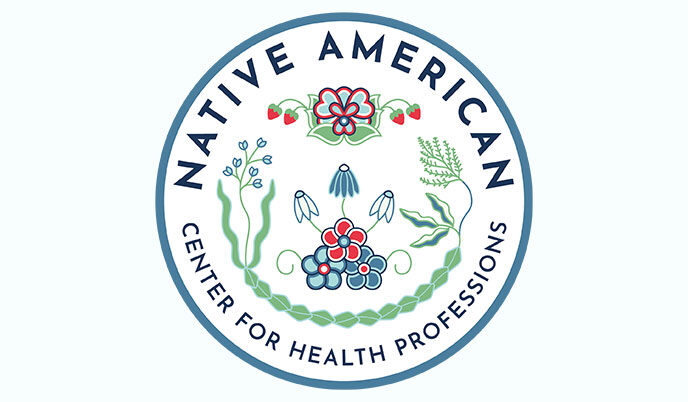
UW Native American Center for Health Professions receives funding to expand recruitment of indigenous students into health professions
A University of Wisconsin School of Medicine and Public Health center will be expanding its effort to recruit more American Indian/Alaska Native people into health professions.

UW School of Medicine and Public Health accepting applicants for grants to improve maternal and child health
Nonprofit health organizations in Wisconsin seeking to improve the health outcomes of mothers and their infants during the prenatal and postpartum periods have until May 30 to apply for funding from the University of Wisconsin School of Medicine and Public Health.

Federal agency uses UW–Madison Neighborhood Atlas research to shape national health policy
A data tool developed by UW–Madison researchers showing health-relevant metrics for every neighborhood in the United States is guiding a national model to help Medicare beneficiaries from under-resourced communities access health care more effectively.

New Osher Center for Integrative Health launches at UW–Madison
After more than a year of planning and development, the University of Wisconsin Integrative Health program officially opened the Osher Center for Integrative Health at University of Wisconsin‒Madison.

UW–Madison health professions schools partnership in continuing education earns reaccreditation with commendation
The University of Wisconsin–Madison Interprofessional Continuing Education Partnership (ICEP), which offers continuing education for practicing healthcare providers throughout their careers, earned special recognition during its recent reaccreditation cycle.
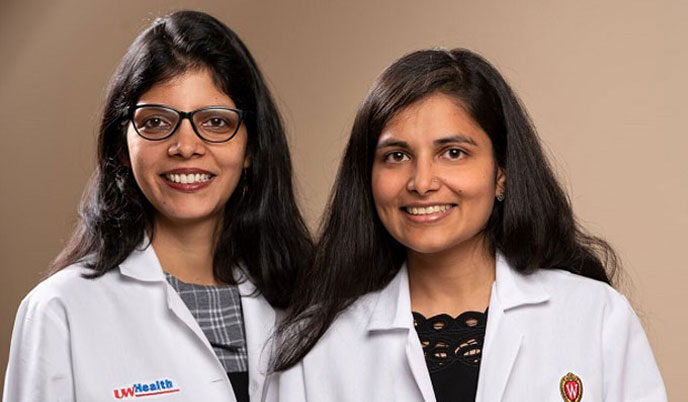
Lupus much more likely to cause cardiovascular problems in Black patients
A population-based study of the autoimmune disease lupus in Black patients shows that the risk of cardiovascular disease is strikingly high in young patients –19 times higher than in non-Blacks in the first 12 years after diagnosis – and may be predicted by a characteristic rash.
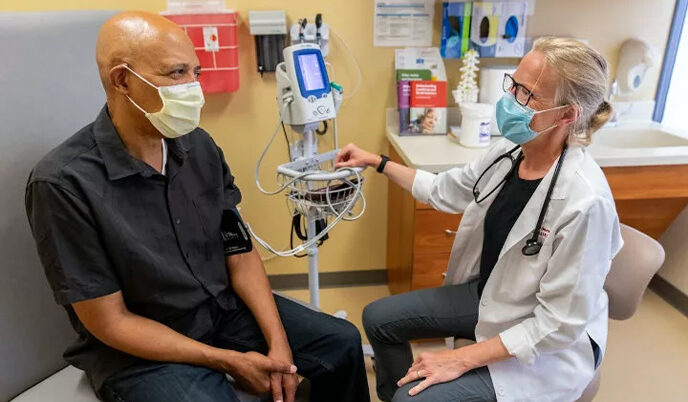
UW study focuses on Alzheimer’s disease treatment and prevention in Black adults
As the first of a new generation of Alzheimer’s disease drugs hit the market, some researchers are troubled by the lack of clinical data available on the effectiveness of these drugs in Black people.

Innovative clinical trial targets recurrent BK infection in kidney transplant recipients
Kidney transplant patients like Tessa Adolph, from Rockford, Illinois, face an age-old problem to protect their new kidney and bodies after transplant surgery: how to prevent infections while also safeguarding their new kidney from damage or rejection.
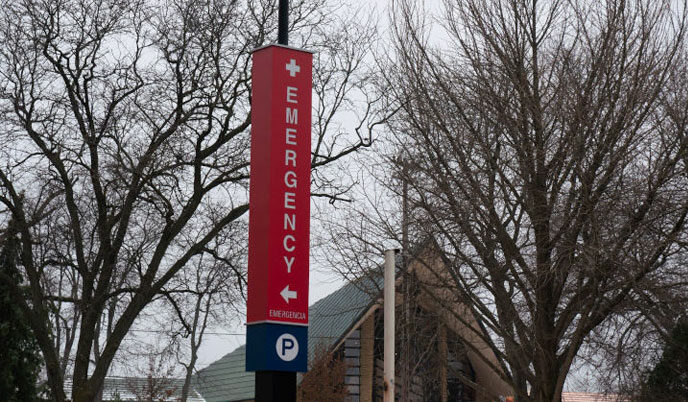
Researchers identify ways to improve emergency care for people living with dementia
A new collection of research papers sets out priority areas to better provide emergency care for people living with dementia in the United States.

School of Medicine and Public Health response to U.S. Supreme Court decision
The following statement comes from University of Wisconsin School of Medicine and Public Health Dean Robert N. Golden, MD.

New study: Longer is better when treating opioid addiction with medication
A large study of Medicaid patients found that the longer they take medication to treat their opioid use disorder, the less likely they are to overdose.
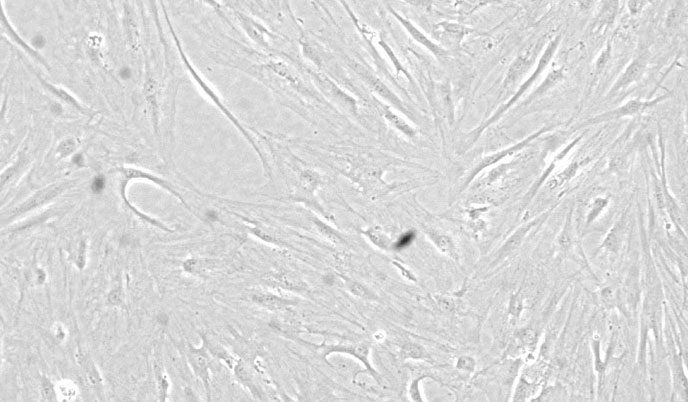
The future of cell therapy: Novel study tests treatment for radiation-induced dry mouth
For certain side effects of complex and lifesaving medical procedures, care teams can be left with limited and risky treatment options, but a program at UW Health is changing that using patients’ own cells as “living therapeutics.”